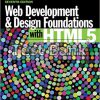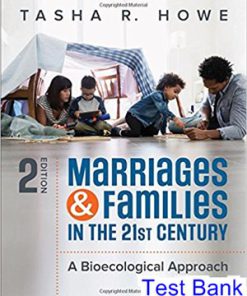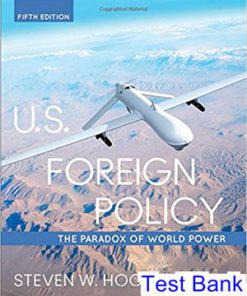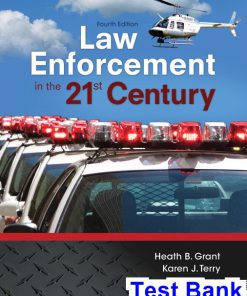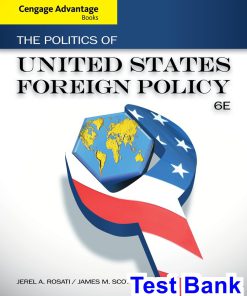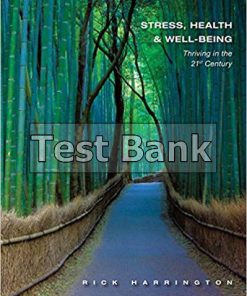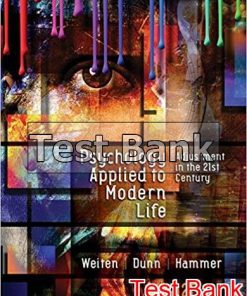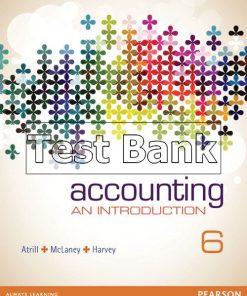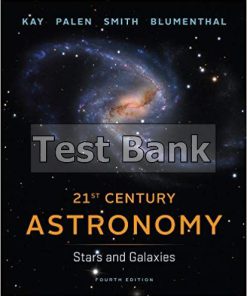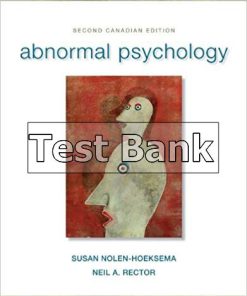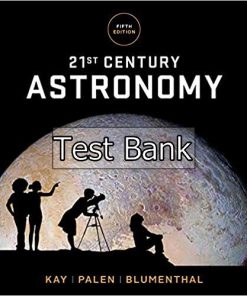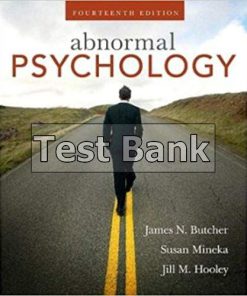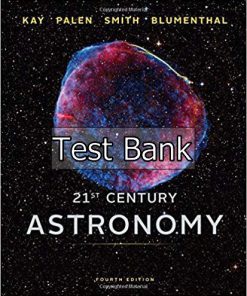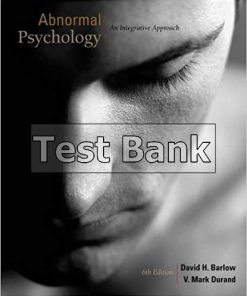American Foreign Policy The Dynamics of Choice in the 21st Century 4th Edition Jentleson Test Bank
$50.00 Original price was: $50.00.$26.50Current price is: $26.50.
American Foreign Policy The Dynamics of Choice in the 21st Century 4th Edition Jentleson Test Bank.
Instant download American Foreign Policy The Dynamics of Choice in the 21st Century 4th Edition Jentleson Test Bank pdf docx epub after payment.
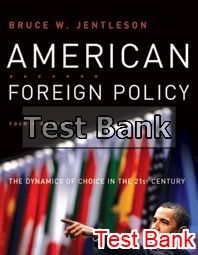
Product details:
- ISBN-10 : 0393933571
- ISBN-13 : 978-0393933574
- Author: Bruce W. Jentleson (Author)
Addressing both foreign policy strategy and foreign policy politics, Bruce Jentleson―respected scholar, award-winning teacher, and foreign policy practitioner―offers students the theoretical framework, historical context, and policy analysis essential for understanding American foreign policy in the twenty-first century.
Professor Jentleson focuses on foreign policy strategy and foreign policy politics and employs a four-part framework (the four Ps: Power, Peace, Prosperity, and Principles) through which students can begin to appreciate the problems and choices faced by the United States as it tries to steer a course through world events.
The Fourth Edition of American Foreign Policy has been thoroughly updated with relevant political developments, including foreign policy changes instituted by the Obama administration.
Table of contents:
Part I
The Context Of U.S. Foreign Policy: Theory and History
Chapter 1: The Strategic Context: Foreign Policy Strategy and the Essence of Choice
Chapter 2: The Domestic Context: The Three Branches and the Process of Choice
Chapter 3: The Domestic Context: Interest Groups, Media, and Public Opinion
Chapter 4: The Historical Context: Great Debates in American Foreign Policy, 1789–1945
Chapter 5: The Cold War Context: Origins and First Stages
Chapter 6: The Cold War Context: Lessons and Legacies
Readings for Part I
(readings in bold are new to the Fifth Edition)
1.1 John Mearsheimer, from The Tragedy of Great Power Politics
1.2 Robert Keohane, “Governance in a Partially Globalized World”
1.3 Gabriel Kolko, from The Roots of American Foreign Policy
1.4 Tony Smith, from American’s Mission: The United States and the Worldwide Struggle for Democracy in the 20th Century
2.1 Arthur Schlesinger, testimony to the U.S. Congress, Special Subcommittee on War Powers
2.2 Graham T. Allison, “Conceptual Models and the Cuban Missile Crisis”
3.1 John Byrne Cooke, from Reporting the War: Freedom of the Press from the American Revolution to the War on Terrorism
3.2 Ole R. Holsti, “Public Opinion and Foreign Policy: Challenges to the Almond-Lippmann Consensus”
4.1 Henry Kissinger, from Diplomacy
4.2 Walter LaFeber, from The New Empire: An Interpretation of American Expansion, 1860–1898
5.1 Bernard Brodie, from Strategy in the Missile Age
5.2 George Kennan, “The Sources of Soviet Conduct”
6.1 Leslie H. Gelb, “Vietnam; The System Worked”
6.2 John Lewis Gaddis, from The United States and the End of the Cold War
6.3 Mikhail Gorbachev, “The Soviet Union’s Crucial Role”
Part II
American Foreign Policy in the 21st Century: Choices and Challenges
Chapter 7: Grand Strategy for a New Era: (I) Power and Peace
Chapter 8: Grand Strategy for a New Era: (II) Prosperity and Principles
Chapter 9: Post-Cold War Foreign Policy Politics: Politics Beyond the Water’s Edge
Chapter 10: Asia’s Rising Strategic Importance: Relations with China and in the Asia-Pacific Region
Chapter 11: War, Peace, Terrorism, Democracy: Old and New Challenges in the Middle East
Chapter 12: Old Friends, Old Enemy: 21st Century Relations with Europe and Russia
Chapter 13: The Americas: Relations with Latin America and Canada
Chapter 14: Africa: Persisting Old Issues, Pressing Newer Ones
Readings for Part II
(readings in bold are new to the Fifth Edition)
7.1 Robert J. Lieber, from Power and Willpower in the American Future: The United States Is Not Destined to Decline
7.2 G. John Ikenberry, “Liberal Internationalism 3.0: America and the Dilemmas of Liberal World Order”
7.3 Charles A. Kupchan, from No One’s World: The West, the Rising Rest and the Coming Global Turn
8.1 Joseph E. Stiglitz, from Making Globalization Work
8.2 UNAIDS, “Report on the Global Epidemic 2012”
8.3 U.S. National Research Council, from Climate and Social Stress: Implications for Security Analysis
8.4 Edward D. Mansfield and Jack Snyder, “Democratization and the Danger of War”
9.1 From the National War Powers Commission Report
9.2 Margaret E. Keck and Kathryn Sikkink, from Activists Beyond Borders: Advocacy Networks in International Politics
9.3 Matthew A. Baum, “Sex, Lies and War: How Soft News Brings Foreign Policy to the Inattentive Public”
10.1 Kenneth Lieberthal and Wang Jisi, from Addressing U.S.-China Strategic Distrust
10.2 Krishnappa Vengatshamy and Princy George, from Grand Strategy for India: 2020 and Beyond
11.1 George W. Bush, “Commencement Address to the U.S. Military Academy” and “The National Security Strategy of the United States of America”
11.2 Dan Caldwell, from Vortex of Conflict: U.S. Policy Toward Afghanistan, Pakistan, and Iraq
11.3 Marc Lynch, “The Big Think Behind the Arab Spring”
12.1 Giovanna Grevi, from Challenges for EU Foreign Policy in 2013: Renewing the EU’s Role in the World
12.2 Yevgeny Primakov, from Russia in a Polycentric World
13.1 Julia E. Sweig, from Friendly Fire: Losing Friends and Making Enemies in the Anti-American Century
13.2 José R. Cárdenas, “Cuba Policy in a Second Obama Term”
13.3 Larry Birns and Frederick Mills, “Best Time for U.S.-Cuba Rapprochement Is Now”
14.1 Obama Administration, “U.S. Strategy toward Sub-Saharan Africa”
14.2 World Bank, from Africa’s Future and the World Bank’s Support to It
People also search:
American Foreign Policy The Dynamics of Choice in the 21st Century 4th Edition
American Foreign Policy The Dynamics of Choice in the 21st Century 4th Edition pdf
American Foreign Policy The Dynamics of Choice in the 21st Century
what are the domestic factors that influence foreign policy
a foreign policy for the middle class
which american foreign policy does this quotation
Instant download after Payment is complete
You may also like…
Sociology
Marriages and Families in the 21st Century A Bioecological Approach 2nd Edition Howe Test Bank
Other
Cengage Advantage Books The Politics of United States Foreign Policy 6th Edition Rosati Test Bank
Test Bank
Stress Health and Well Being Thriving in the 21st Century 1st Edition Harrington Test Bank
Test Bank
Psychology Applied to Modern Life Adjustment in the 21st Century 12th Edition Weiten Test Bank
Solutions Manual
Psychology Applied to Modern Life Adjustment in the 21st Century 9th Edition Weiten Test Bank


